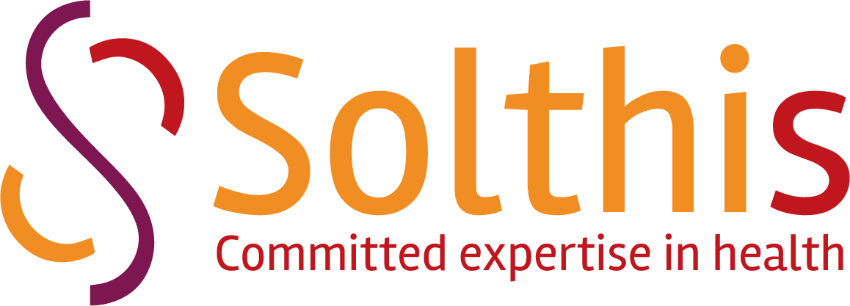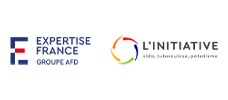May 2025 – june 2026
Djibouti
In Djibouti, the HIV epidemic is showing a downward trend but also a growing feminization. According to UNAIDS estimates in 2023, HIV prevalence among adults aged 15 to 49 is 0.8%. However, the HIV testing and treatment cascade in Djibouti remains far from achieving the 95-95-95 targets: 76% of people living with HIV (PLHIV) know their status, 31% are on antiretroviral treatment (ART), and 23% of PLHIV have achieved viral suppression. Furthermore, ART coverage among children aged 0 to 14 is almost twice as low as among adolescents and adults over 15: 17% for the former compared to 32% for the latter. In addition, only 36% of pregnant women receive ART for the prevention of mother-to-child transmission (PMTCT). Key populations are particularly affected by the HIV epidemic. According to the latest IBBS study conducted in 2012, HIV prevalence among sex workers (SW) stands at 13%, while no data are available for other vulnerable populations. Stigma and fear of stigma remain high around HIV and within these key populations.
Civil society organizations (CSOs) engaged in the fight against HIV/AIDS in Djibouti play an essential role in testing and supporting PLHIV within key populations, as well as among women, children, adolescents, and young people, including Solidarité Féminine (SF). Since 1995, SF has been committed to improving the living conditions of women in precarious situations and their families in Djibouti. A pioneer in advocating for the care of women living with HIV, SF operates in the fields of health and overall well-being, as well as promoting income-generating activities (IGAs), with a particular focus on people affected by HIV. Its mission is to break isolation, advocate for the respect of the rights of women, children, and vulnerable populations, and provide them with moral, financial, health, and legal support. However, challenges remain regarding aligning SF’s associative management with Djiboutian association laws and good governance principles. Finally, in light of SF’s new challenges since 2024, the organization must clarify its positioning, better understand its environment, and identify its added value in terms of services and support for its target populations, as well as in view of its new responsibilities.
General objective: Support the structuring of Solidarité Féminine through the strengthening of its associative governance and the updating of its strategic plan.
Beneficiaries
-
Solidarité Féminine
Results
-
Component: Strengthening Associative Governance
R1: SF’s associative project is updated, relevant, and clearly and collectively defines the association’s identity and positioning, integrating a gender-sensitive approach where applicable.
R2: Members of the governance bodies and technical teams are trained on the principles of good associative governance.
R3: SF’s framework documents are updated, accessible, and integrate the principles of good governance.
R4: Governance bodies and staff are familiar with the framework documents, can refer to them, and rely on their content.
R5: SF’s associative life is revitalized.
Component: Strategic Planning
R1: The programmatic and operational strategies of the association are aligned with SF’s associative project and remain relevant to its specificities and intervention context, integrating a gender-sensitive approach where applicable.
R2: The strategic plan for the next five years is updated; SF has a clear roadmap, along with an appropriate methodology and tools for its implementation and monitoring.
Component: Monitoring and Change Management Support
R1: The CSO sustainably adopts the new knowledge, practices, and tools for managing associative governance.
R2: The CSO’s actions reflect the implementation of the new strategic orientations, integrating a gender-sensitive approach where applicable.





